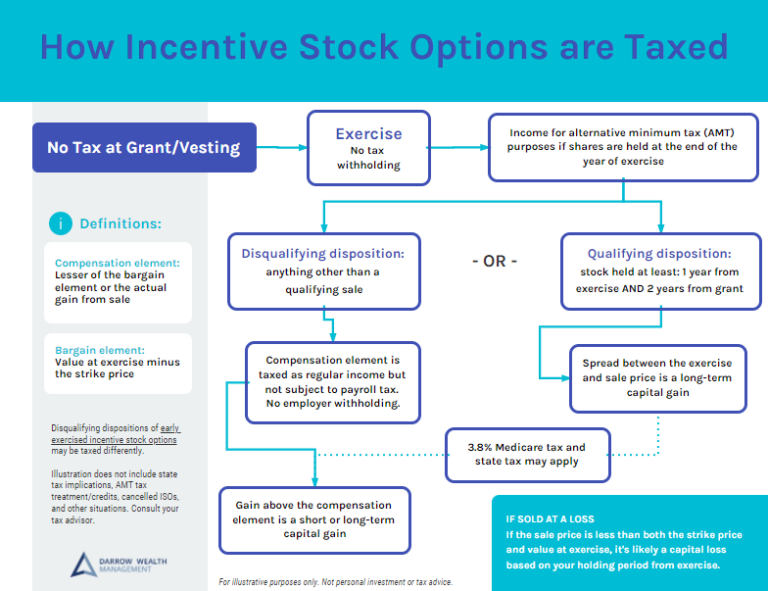What’s the best way for married couples to manage their financial life? This is a true “iceberg” question – seems innocuous enough but there’s a lot going on under the surface. There can be a range of motivations behind one’s preference to merge their financial life with their partner or keep them separate. There isn’t just one way married couples should handle their finances. But does that mean married couples should combine their finances?
How should married couples handle finances?
Depending on your goals, combining your finances with your spouse, or choosing not to, may assist your efforts – but not always. For many couples, maintaining different accounts and investment strategies is the default choice, as it requires no additional time or effort. With so many competing priorities during the day, many couples wonder whether it is really worth it to combine their finances.
Should married couples have joint or separate bank accounts?
Assuming there are no known financial issues in your relationship (which we’ll discuss later), you may not see the point in opening a new joint account, especially if you’ve already developed a system for paying bills and other expenses that works for your family. Although there are pros and cons to either merging finances or keeping separate accounts, in many cases it makes sense to do both.
Two little-known benefits of having a joint bank account with your spouse:
- Planning for the unexpected: If you or your spouse were to become incapacitated, would your husband or wife have the ability to continue paying the bills? Even when both spouses are relative equals in terms of financial means and income, it may be difficult for one person to keep the family afloat solo. (Although a standard estate planning package generally includes a power of attorney which can be used in these situations, the unfortunate reality is that many families neglect to do basic wills).
- Estate planning: Although you may specify how certain assets are distributed in your will, funds in a bank account will be subject to the probate process unless the account is a joint account or you have completed a transfer on death (TOD) form. Probate is a long and expensive process which could make it difficult for your spouse to meet your family’s needs. To avoid probate, consider the benefits of using joint or separate revocable living trusts.
Keep in mind, just because you have a joint bank account doesn’t mean you can’t still maintain your own checking and savings account. Each couple is different and will have their own preferences for who pays for what and how family versus personal spending is handled.
Combining finances if you have different goals
If you’re married, you most likely aren’t saving and investing for your future alone. Saving for retirement, college, a home, or other major financial goals often involves both spouses. When couples don’t merge their investment decisions or create one cohesive financial plan, it’s very hard to know where you stand financially or how to reach your goals.
Tips for merging your investments and financial goals:
- Talk about money! Discuss your financial situation, goals, time horizon, risk tolerance, and so on. Working with a fee-only financial advisor is a great way for couples to prioritize financial goals, understand savings requirements and what may be possible given your income and expenses.
- Keep your accounts organized. Each new job usually means another old 401(k) or 403(b) retirement plan to manage. Instead of leaving the old accounts with a series of different former employers (which makes it cumbersome to manage and easy to forget about entirely), consider the pros and cons of rolling an old 401(k) into an IRA or converting to a Roth IRA and consolidating your accounts at one financial institution when possible. If you’re working with a financial advisor, they should be able to help with this.
- What’s left at the end of the month? Even more so than income, your spending habits will usually make or break your ability to reach your financial goals. For many families, lifestyle inflation is a byproduct of an increasing and/or high income. Building wealth requires a dedication to saving and investing over the long term. To combat excessive spending, sit down together and review your income and expenses. If you suspect you’re not saving enough, you probably aren’t.
- Be realistic about your wants and needs. Over the years, we’ve seen numerous clients wind up derailing their financial plan because they could not separate wants from needs when faced with a major financial decision. Before buying that expensive home or sending your kids to private school, try to think objectively about how the decision could impact your cash flows and other goals, especially if you and your spouse disagree.
Keeping separate accounts doesn’t mean your finances are independent of each other
Many couples make financial decisions based on joint earnings and savings, so whether kept in multiple accounts or one may not be important. There are different levels of merging your finances also.
It’s possible to integrate your decisions about money without pooling your money in one account. No matter how you decide who-pays-what, if you’re married and living together your financial lives are already intertwined. Doing any measure of financial planning without incorporating the assets, income, expenses, and lifestyle goals of both spouses is sure to yield inaccurate and flawed results.
Consider how you own assets now. Do you own a home together? If you are both on the mortgage, you’re both on the hook to make sure it gets paid. The same goes for cars.
Again, depending on your objectives, separate accounts may not achieve your goals. It could also create a false sense of security that you’re protected from poor decisions with money.
Keeping your money separate: what are you trying to accomplish?
Assuming there are other factors at play in your relationship, there may be good reason to maintain separate bank accounts from your spouse. However, depending on your concerns and what you’re trying to accomplish, keeping your finances separate may not matter in the end. So, it’s important to understand the limitations.
There are many possible factors in a marriage that could lead a couple to prefer having separate accounts.
Reasons to consider keeping your finances separate from your spouse:
- Spending concerns. If your husband or wife is a chronic over-spender, maintaining control of your family’s purse-strings is probably a good idea. It may be impossible to get cash back once it’s gone. So the risks of having a joint account in this type of situation may outweigh the benefits. Depending on the situation, having your own account may not be enough and this could be an indication of bigger problems to come.
- Lots of debt. Debt is a complex subject as it involves a number of factors such as the type of debt, when it was acquired, whose name it’s in, and the state you live in, just to name a few. Although it’s possible that only one spouse would need to file for bankruptcy if things got really bad, that’s really a question for a bankruptcy attorney. Maintaining separate accounts may not protect one spouse against the debts of another, so if this is a concern, seriously consider consulting an attorney for guidance.
- Pre-marital planning, separation, or divorce. Having a prenuptial agreement can be a highly effective way to ensure both spouses’ financial interests are protected during marriage. But in practice, it may be difficult to determine whose-is-whose in an account with commingled funds. Depending on the situation, having separate accounts may provide some benefit during a separation or divorce. But ultimately, you’ll be subject to the laws in your state. Consult an attorney to discuss your options, especially if you’re expecting an inheritance or other financial windfall on the horizon.
Final considerations
Money is a taboo subject in many households. While it is important to think about the pros and cons of merging your finances or keeping them separate, this question may lead to much larger ones about family, money, and building wealth.
Have a candid conversation with your partner about your income, debts, spending habits, and future goals, like when you want to retire. Money is one of the biggest marital stressors. For the financial security of each partner, it’s important there are no money secrets or financial infidelities. You probably won’t agree on everything, but try to understand their perspective. Perhaps there’s a compromise to be had.
Financial disagreements often stem from a lack of communication. Sometimes, there are fundamental differences in how each person thinks about saving, spending, and investing. Depending on your relationship, how you ultimately decide to title your accounts may not really play a role in the financial synergy of your household.










